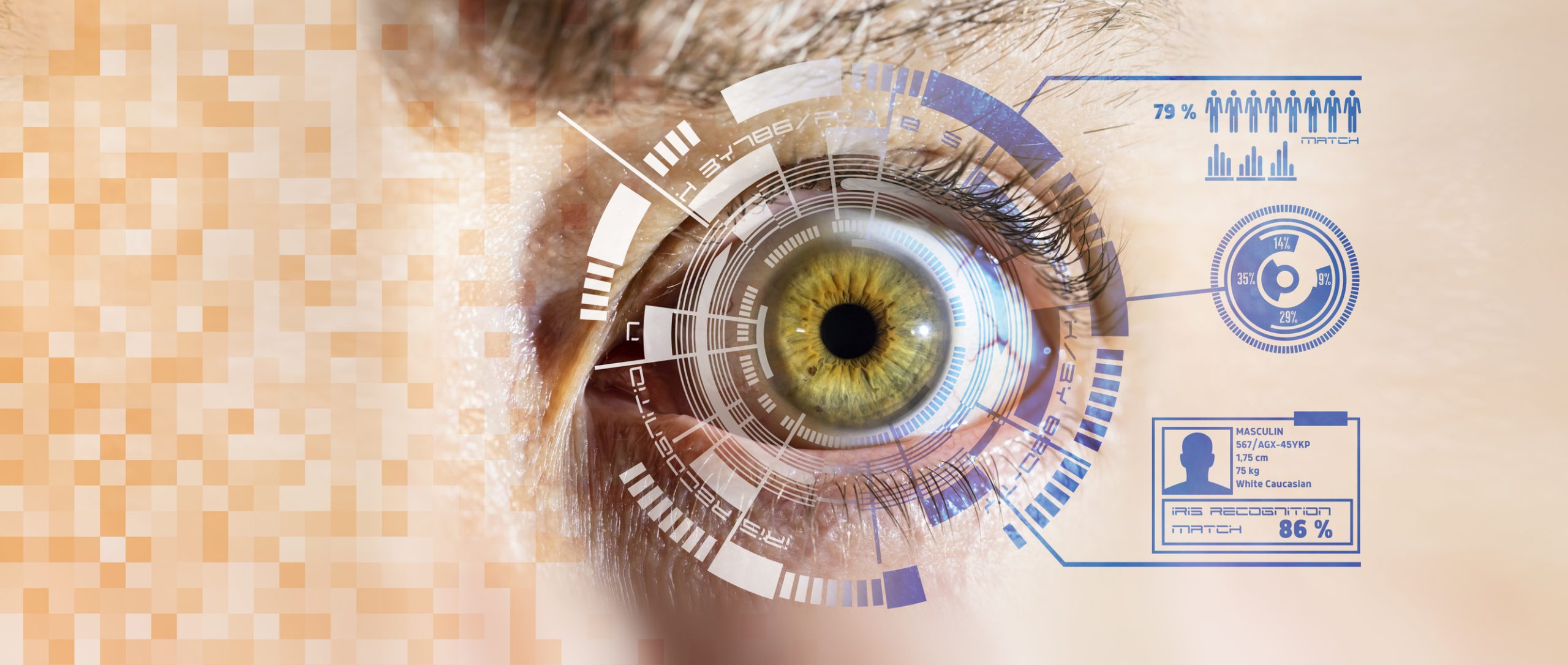Preventing Cataracts: Dietary and Lifestyle Strategies
Introduction
Cataracts are a common age-related eye condition characterized by the clouding of the eye’s natural lens, leading to blurred vision and eventually vision loss if left untreated. While cataracts are a natural part of aging, there are several dietary and lifestyle strategies that can help prevent their development or slow their progression. In this comprehensive guide, we explore the key factors contributing to cataracts and offer practical tips to protect your vision through nutrition and healthy habits.
Understanding Cataracts
Cataracts develop gradually over time as proteins in the eye’s lens clump together, leading to cloudiness and visual impairment. While aging is the primary risk factor, other factors such as prolonged UV exposure, smoking, diabetes, and certain medications can expedite cataract formation. Recognizing the early signs and risk factors is essential for implementing preventive measures.
Dietary Strategies for Cataract Prevention
- Antioxidant-Rich Foods: Antioxidants play a crucial role in neutralizing free radicals and reducing oxidative stress in the eye. Incorporate a diverse range of colorful fruits and vegetables into your diet, including berries, citrus fruits, carrots, spinach, and bell peppers.
- Vitamin C and E: These vitamins are potent antioxidants that contribute to overall eye health by protecting against cellular damage. Citrus fruits, kiwi, almonds, sunflower seeds, and leafy greens are excellent sources of vitamin C and E.
- Omega-3 Fatty Acids: Essential fatty acids found in oily fish (salmon, mackerel, trout), flaxseeds, and walnuts have anti-inflammatory properties and may help maintain the integrity of the lens and retina.
- Lutein and Zeaxanthin: These carotenoids are concentrated in the macula of the eye and are believed to filter harmful UV rays and reduce the risk of cataract formation. Include foods such as leafy greens, eggs, corn, orange peppers, and squash to boost your intake of lutein and zeaxanthin.
Lifestyle Strategies for Cataract Prevention
- UV Protection: Shield your eyes from harmful UV radiation by wearing sunglasses that provide 100% UVA and UVB protection. Opt for sunglasses with wrap-around frames to minimize exposure from all angles.
- Quit Smoking: Smoking not only increases the risk of cataracts but also accelerates their progression. Quitting smoking can significantly reduce your risk of developing cataracts and other eye diseases.
- Maintain Healthy Blood Sugar Levels: Individuals with diabetes are at higher risk of developing cataracts due to elevated blood sugar levels. Adopt a balanced diet, engage in regular physical activity, and monitor blood glucose levels to manage diabetes effectively.
- Regular Eye Exams: Schedule comprehensive eye exams with an eye care professional at least once a year, or as recommended based on your age and risk factors. Early detection of cataracts allows for timely intervention and management.
Additional Strategies for Cataract Prevention
- Moderate Alcohol Consumption: Excessive alcohol consumption may increase the risk of cataracts. Limit alcohol intake to moderate levels or avoid it altogether to reduce your risk.
- Maintain a Healthy Weight: Obesity and overweight are associated with an increased risk of cataracts. Maintain a healthy weight through a balanced diet and regular exercise to support overall eye health.
- Stay Hydrated: Adequate hydration is essential for maintaining the health and clarity of the lens. Drink plenty of water throughout the day to prevent dehydration and support optimal eye function.
Conclusion
Cataracts are a common eye condition that can significantly impact vision and quality of life, particularly among the elderly. However, by adopting a proactive approach to eye health through dietary modifications, lifestyle adjustments, and regular eye care, you can reduce your risk of developing cataracts and maintain clear vision well into the future. Incorporating antioxidant-rich foods, omega-3 fatty acids, and lutein/zeaxanthin into your diet, practicing sun safety, quitting smoking, managing diabetes, and attending regular eye exams are key strategies for preventing cataracts. Remember, early detection and intervention are crucial for managing cataracts effectively. Prioritize your eye health today to safeguard your vision for tomorrow.
World Eye Care Foundation’s eyecare.live brings you the latest information from various industry sources and experts in eye health and vision care. Please consult with your eye care provider for more general information and specific eye conditions. We do not provide any medical advice, suggestions or recommendations in any health conditions.
Commonly Asked Questions
Cataracts are a clouding of the eye’s natural lens, often caused by aging or other factors such as UV exposure, smoking, and diabetes.
Symptoms include blurry vision, glare, difficulty seeing at night, and changes in color vision.
While cataracts are a natural part of aging, certain lifestyle changes such as wearing sunglasses, quitting smoking, and eating a healthy diet rich in antioxidants can help prevent or delay their onset.
An eye care professional can diagnose cataracts through a comprehensive eye exam, including a visual acuity test and a slit-lamp examination.
The only effective treatment for cataracts is surgery to remove the cloudy lens and replace it with an artificial lens.
Most people can resume normal activities within a few days to a week after surgery.
No, once a cataract is removed, it cannot come back. However, some people may develop a condition called posterior capsule opacification, which can occur months or years after surgery and may require a simple laser procedure to correct.
If left untreated, cataracts can lead to severe vision impairment and even blindness.
While rare, complications can include infection, bleeding, and retinal detachment.
Yes, people with diabetes are at a higher risk of developing cataracts due to high blood sugar levels damaging the lens of the eye.
news via inbox
Subscribe here to get latest updates !








